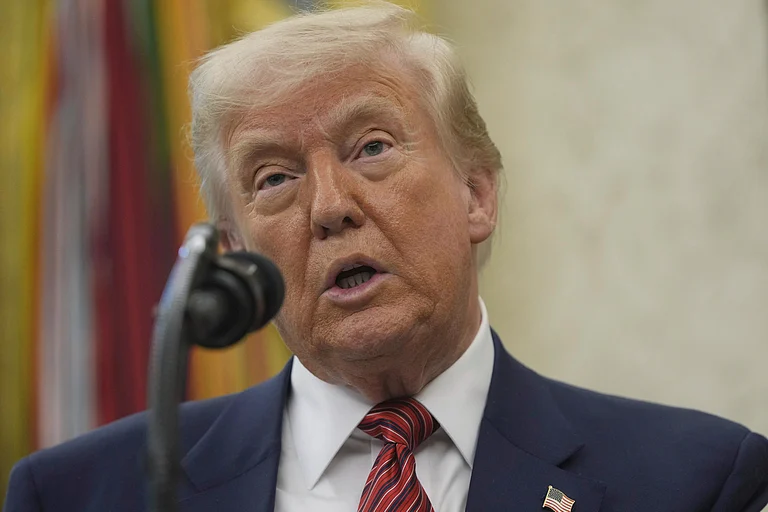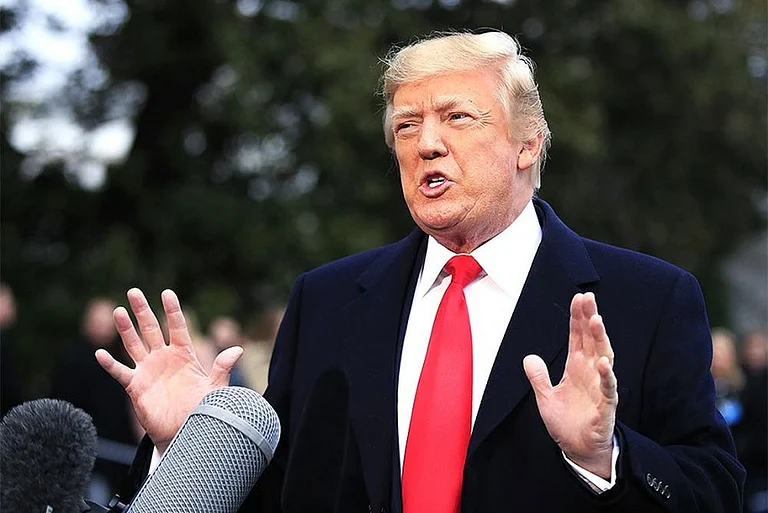
The EU reaffirmed its right to regulate tech firms under the Digital Markets Act (DMA) and Digital Services Act (DSA), rejecting claims of bias.
The US president threatened new tariffs on countries that “harm” American technology firms, just days after a transatlantic trade deal.
EU officials stressed their digital laws are rooted in democratic values and “not up for debate” in trade negotiations.
he European Commission has asserted its “sovereign right” to regulate technology companies operating in the bloc, following threats from US President Donald Trump that new tariffs could be imposed on countries he claims are unfairly targeting American firms.
Brussels has introduced tough new frameworks — the Digital Markets Act (DMA), aimed at curbing monopolistic behaviour, and the Digital Services Act (DSA), governing online content moderation. Both laws have led to hefty fines against tech giants including Meta and Apple.
On August 25, Trump suggested punitive tariffs against countries whose regulations he said were designed to “harm” US technology. His comments came just days after Washington and Brussels finalised a sensitive transatlantic trade deal.
EU Commission spokesperson Paula Pinho responded firmly: “It is the sovereign right of the EU and its member states to regulate economic activities on our territory consistent with our democratic values.”
EU tech spokesman Thomas Regnier rejected accusations that the DSA amounted to censorship, noting its requirement for platforms to suspend users spreading illegal content such as hate speech. “The claims that the DSA is a censorship tool are completely wrong and unfounded,” he said.
Maros Sefcovic, the bloc’s trade chief, insisted last week that Brussels had successfully “kept these issues out of trade negotiations” with Washington and stressed that the EU’s regulatory autonomy “is not up for debate”.
Despite tensions, EU leaders remain determined to uphold their new digital rules, which they say protect competition and safeguard European citizens — even at the risk of inflaming transatlantic relations.


























